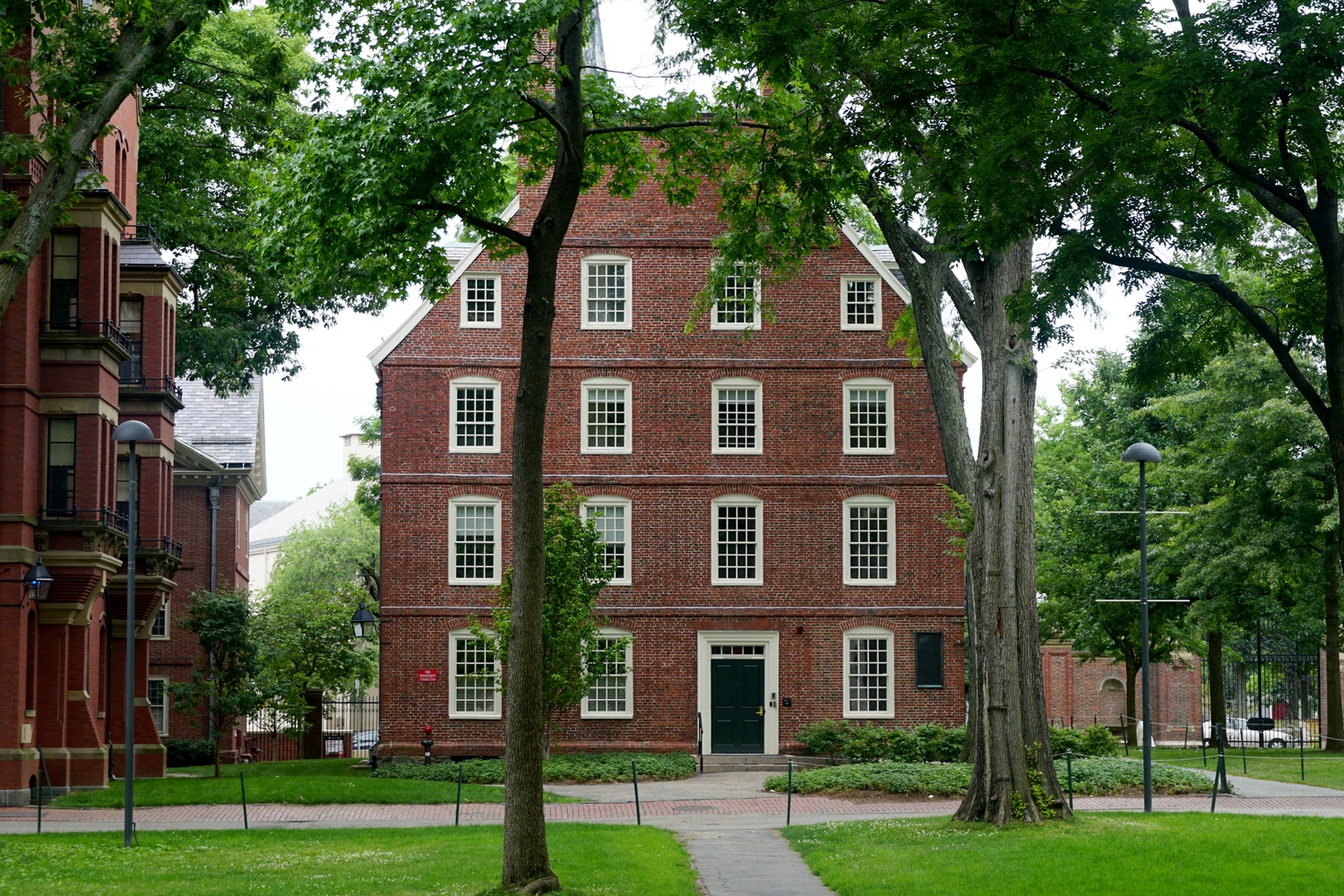
News
Harvard Researchers Develop AI-Driven Framework To Study Social Interactions, A Step Forward for Autism Research

News
Harvard Innovation Labs Announces 25 President’s Innovation Challenge Finalists

News
Graduate Student Council To Vote on Meeting Attendance Policy

News
Pop Hits and Politics: At Yardfest, Students Dance to Bedingfield and a Student Band Condemns Trump

News
Billionaire Investor Gerald Chan Under Scrutiny for Neglect of Historic Harvard Square Theater
Cambridge DSA, Sobrinho-Wheeler Demand Harvard Cough Up $100 Million in PILOT Payments

In the 2023 fiscal year, Harvard paid the City of Cambridge $4.3 million in lieu of property taxes. Some activists — including a sitting city councilor — are demanding the University cough up $96 million more.
Cambridge City Councilor Jivan G. Sobrinho-Wheeler and the Cambridge Working Group of the Boston Democratic Socialists of America are circulating a petition calling on Harvard to pay the full total they would owe were they subject to property taxes.
According to the petition, this would amount to just more than $100 million — a more than twenty-fold increase from what Harvard currently contributes to the city. In an interview, Sobrinho-Wheeler said he would also be satisfied if Harvard agreed to pay 25 percent of that total, which he said was in line with a bill currently being considered by state legislators.
Harvard, as a nonprofit, is not subject to local property taxes, but makes voluntary contributions to both Cambridge and Boston known as payment in lieu of taxes, or PILOT payments.
Currently, Harvard and the city are in the process of renegotiating their PILOT agreement for the first time in 21 years, and City Manager Yi-An Huang ’05 expressed optimism that negotiations would conclude within the calendar year.
Sobrinho-Wheeler, who tabled for the petition outside of polling stations during Tuesday’s election, said the response from residents was “overwhelmingly positive.”
“Hardly anyone is against the idea of pushing for more PILOT contributions from Harvard,” he said, adding that as the city faces a budget crunch, demanding more from the University is an alternative to raising property taxes for Cambridge residents.
But the push is unlikely to make much of an impact on the negotiations. Councilor Paul F. Toner, who chairs the city’s Economic Development & University Relations committee, said the Council is largely uninvolved in the negotiations, which are led by Huang.
“The City Council has no official role beyond expressing our hopes to the City Manager,” Toner wrote in a statement to The Crimson.
He added that the DSA’s request goes beyond what most city officials have expressed about the negotiations.
During a committee meeting in August, “the Council members expressed interest in City Manager negotiating with Harvard to make greater direct financial or in-kind contributions,” Toner wrote. “None of the Councillors expressed any specific percentage or dollar contribution during the meeting.”
Huang declined to comment on ongoing negotiations with the University.
The DSA’s petition echoes longstanding complaints from advocates in Boston that Harvard has consistently failed to meet the city’s requested contributions. In the petition, the group accused Harvard of contributing to Cambridge’s budget crisis through its meager contributions.
“Due to lack of revenue, our elected officials are talking about cutting essential social services such as universal after-school care, municipal broadband, and affordable housing,” the DSA’s website advertising the petition read. “Harvard is directly responsible for these cuts.”
City officials have largely attributed the budget’s unsustainable growth to a slowdown in the commercial real estate market and dwindling federal Covid-19 relief funds. Though councilors agree that the city needs to slow its spending, officials have said they hope to avoid cutting any programs to keep costs low.
In a statement, Harvard spokesperson Amy Kamosa wrote that the University’s “engagement with Cambridge takes many forms, including making regular and consistent PILOT payments, paying municipal taxes on all non-exempt property, and working directly with the community through meaningful programs, initiatives and outreach.”
“As a global non-profit focused on research and education, Harvard’s mission and operations are rooted in serving the public good through teaching, learning and discovery that improve outcomes and create a better future for all,” Kamosa wrote. “We are grateful for, and proud of, the centuries-long relationships with the City of Cambridge that help enable this mission.”
—Staff writer Benjamin Isaac can be reached at benjamin.isaac@thecrimson.com. Follow him on X @benjaminisaac_1.
—Staff writer Avani B. Rai can be reached at avani.rai@thecrimson.com. Follow her on X @avaniiiirai.
Want to keep up with breaking news? Subscribe to our email newsletter.
From Our Advertisers

Over 300+ courses at prestigious colleges and universities in the US and UK are at your disposal.

Where you should have gotten your protein since 1998.

Serve as a proctor for Harvard Summer School (HSS) students, either in the Secondary School Program (SSP), General Program (GP), or Pre-College Program.

With an increasingly competitive Law School admissions process, it's important to understand what makes an applicant stand out.

Welcome to your one-stop gifting destination for men and women—it's like your neighborhood holiday shop, but way cooler.

HUSL seeks to create and empower a community of students who are seeking pathways into the Sports Business Industry.
